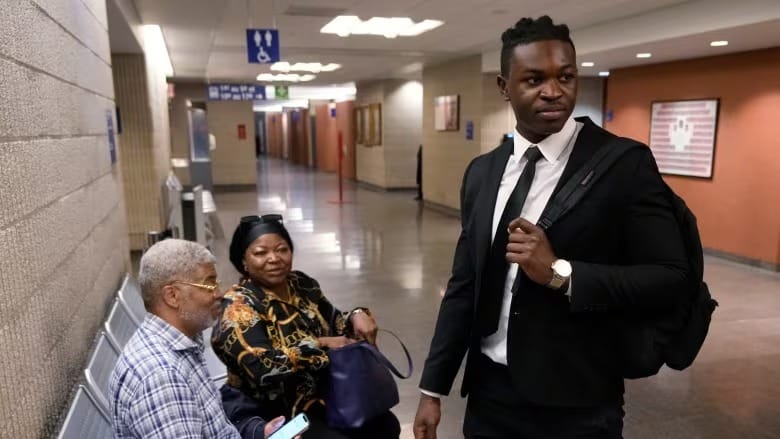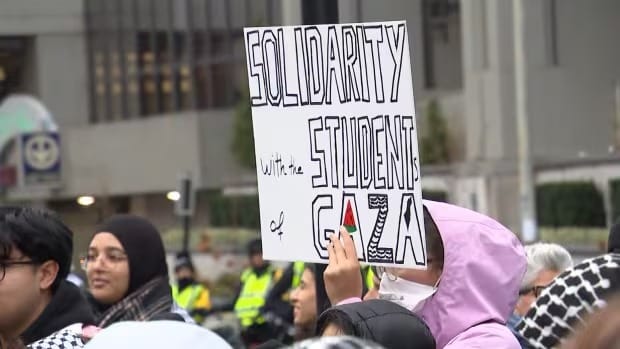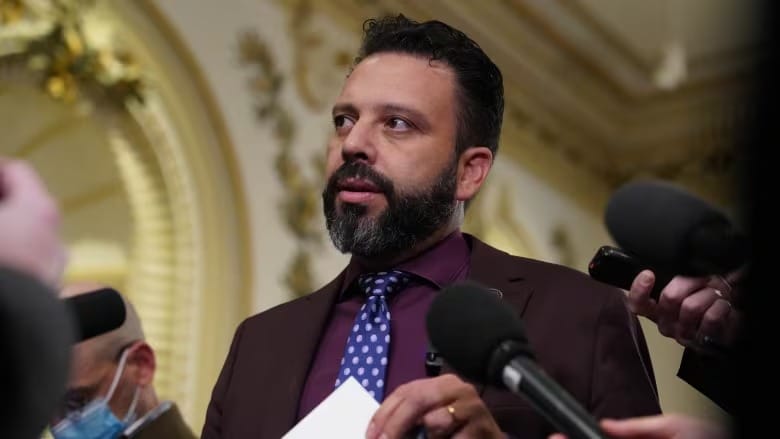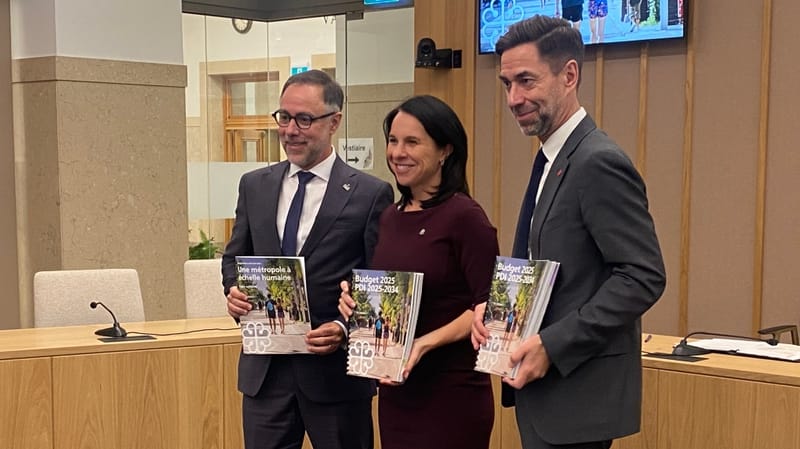Court of Appeal upholds Quebec ruling that invalidated random police stops
Legal action was brought by Black Montrealer who was stopped by police nearly 12 times


Quebec’s Court of Appeal has upheld a significant 2022 ruling that found a law permitting random traffic stops by police led to racial profiling.
The province’s highest court affirmed the Superior Court’s decision, rendering an article of Quebec’s Highway Safety Code, which allowed police to stop drivers without reasonable suspicion, inoperative.
In its unanimous decision, released Wednesday, the Court of Appeal stated that the law violates Charter rights, including the right to freedom from arbitrary detention and the right to equality.
The case was brought by Joseph-Christopher Luamba, a 22-year-old Black man from Montreal, who said he had been stopped by police nearly a dozen times without any justification, and none of the stops resulted in a ticket.
In his October 2022 ruling, Superior Court Justice Michel Yergeau noted, "Racial profiling does exist. It is not a laboratory-constructed abstraction. It is a reality that weighs heavily on Black communities. It manifests itself in particular with Black drivers of motor vehicles."
Yergeau explained that police officers, over time, used the unchecked authority to conduct roadside stops as "a vector, even a safe conduit for racial profiling against the Black community."
He added, "The rule of law thus becomes ... a breach through which this sneaky form of racism rushes in."
The Quebec government appealed the 2022 decision, arguing that it removed a key tool for police. Public Security Minister François Bonnardel expressed disappointment with the ruling, saying the government would take time to review the 72-page judgment.
"This was obviously not the desired goal," Bonnardel said in a statement Wednesday evening. "This decision could have a direct impact on the work of police officers to ensure the safety of the population."
Luamba’s challenge received support from the Canadian Civil Liberties Association, which described the decision as a major victory for equality rights.
Lex Gill, a lawyer representing the association, said it was, to her knowledge, the first time a Canadian court struck down police powers for enabling systemic discrimination.
"By unanimously upholding the Superior Court's landmark judgment, the Court of Appeal has helped chart a new course for equality rights and civil liberties in Canada," Gill said in a statement.
"The judgment confirms that where broad, arbitrary, and discretionary police powers create a pretext for discrimination and abuse, they will not survive constitutional scrutiny."
The ruling only affects random stops and does not apply to structured police operations, such as roadside checkpoints targeting drunk driving.
Although the government has appealed the decision, civil rights advocates believe the case could eventually reach the Supreme Court of Canada.
The three-judge panel from the Court of Appeal has given the Quebec government six months to amend the Highway Safety Code accordingly.






